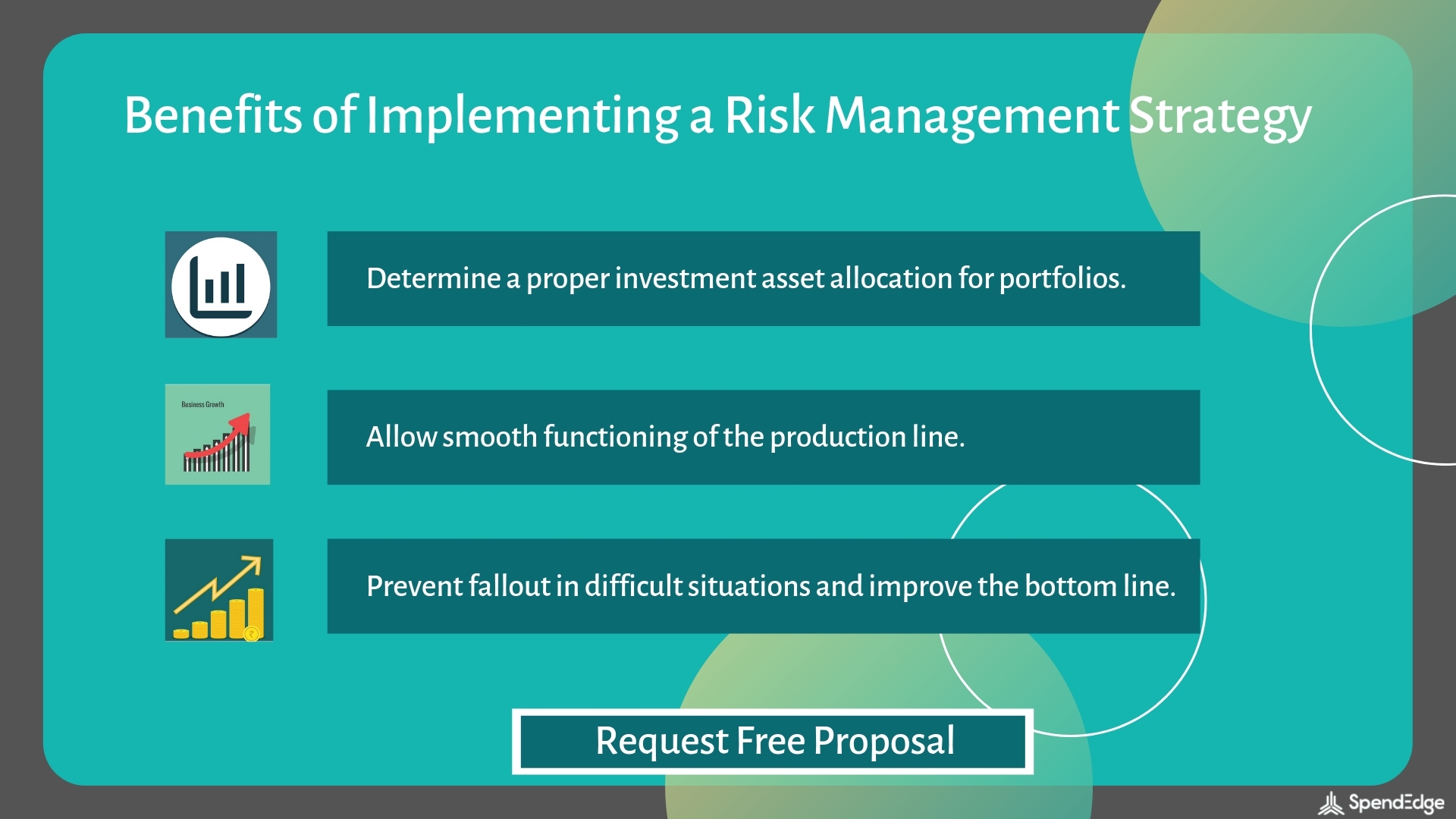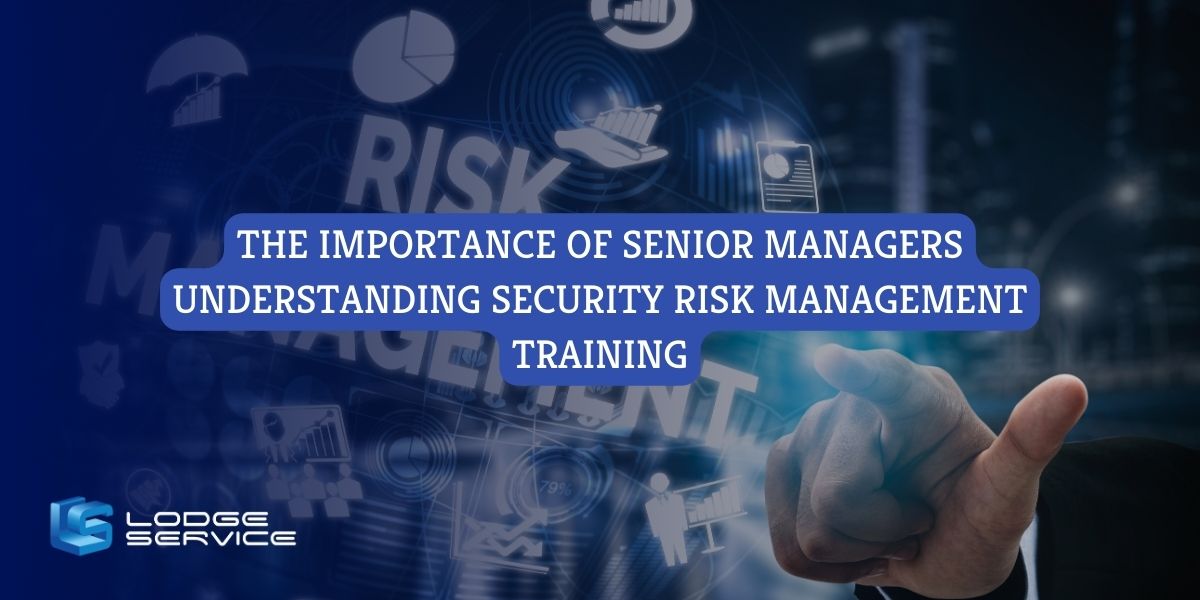Enhancing Operational Efficiency Through the Importance of Risk Management
Wiki Article
The Significance of Recognizing the Significance of Risk Management in Different Industries

The Core Concept of Risk Management and Its Purpose
Risk Management, the cornerstone of several industries, rests on the identification, analysis, and mitigation of unpredictabilities in a business environment. It is an essential method that enables companies to safeguard their possessions, reputation, and general survival. By appropriately identifying possible dangers, companies can create techniques to either protect against these risks from happening or decrease their impact. The assessment procedure involves examining the possibility and possible severity of these dangers. The reduction procedure entails designing techniques to decrease their possible influence when threats have actually been determined and assessed. This process is cyclical and ongoing, making sure that companies are planned for the ever-changing nature of Risk in various sectors. The main objective, therefore, is to cultivate strength among unpredictabilities.Benefits of Applying Risk Management in Organization Workflow

Unveiling the Role of Risk Management in Different Industries
While every industry confronts its unique set of dangers, the implementation of Risk Management strategies remains a common measure in their pursuit of sustainability and growth. In the medical care field, Risk Management requires guaranteeing patient safety and data protection, while in financing, it includes mitigating investment dangers and making certain regulatory conformity (importance of risk management). Construction business concentrate on employee security, project hold-ups, and budget overruns. In the modern technology sector, firms mitigate cybersecurity dangers and modern technology obsolescence. Inevitably, the role of Risk Management throughout markets is to identify, evaluate, and minimize risks. It is a vital element of tactical planning, enabling companies to safeguard their properties, make best use of chances, and achieve their objectives.
Real-life Situation Studies Demonstrating Effective Risk Management
To recognize the value of Risk Management in these many industries, one can look to several real-life circumstances that highlight the successful application of these steps. In the energy industry, British Petroleum established Risk mitigation intends post the 2010 Gulf of Mexico oil spill. They implemented much better safety procedures look at here and more stringent guidelines which considerably minimized further mishaps. Similarly, in finance, Goldman Sachs efficiently navigated the 2008 monetary dilemma by recognizing possible mortgage-backed protections dangers early. Toyota, post the 2011 quake in Japan, revised its supply chain Management to reduce interruption risks. These situations demonstrate just how sectors, discovering from crises, properly used Risk Management strategies to reduce future dangers.
Future Patterns and Advancements in Risk Management Methods
As the world remains to evolve, so also do the patterns and growths in Risk Management methods. Quick innovations in technology and data analytics are reshaping the Risk landscape. Huge information and AI are now instrumental in anticipating and reducing risks. Organizations are leveraging these tools to develop anticipating designs and make data-driven decisions. Cybersecurity, once a peripheral worry, has actually catapulted to the leading edge of Risk Management, with approaches concentrating on prevention, discovery, and page response. The combination of ESG (Environmental, Social, Governance) aspects right into Risk Management is one more expanding pattern, reflecting the enhancing acknowledgment of the duty that ecological and social risks play in business sustainability. Hence, the future of Risk Management hinges on the fusion of advanced innovation, cutting-edge techniques, and a holistic strategy.Conclusion
In final thought, understanding the significance of Risk Management across a spectrum of industries is vital for their longevity and prosperity. Eventually, successful Risk Management contributes to more sustainable and resistant companies, highlighting the significance of this technique in today's highly competitive and dynamic company environment.While every industry confronts its unique collection of dangers, the execution of Risk go to the website Management methods continues to be a typical in their search of sustainability and development. In the healthcare industry, Risk Management involves making sure person security and information defense, while in money, it involves mitigating financial investment dangers and making sure regulatory compliance. Inevitably, the function of Risk Management throughout industries is to identify, evaluate, and mitigate risks. These situations show just how sectors, discovering from situations, properly used Risk Management strategies to decrease future threats.

Report this wiki page